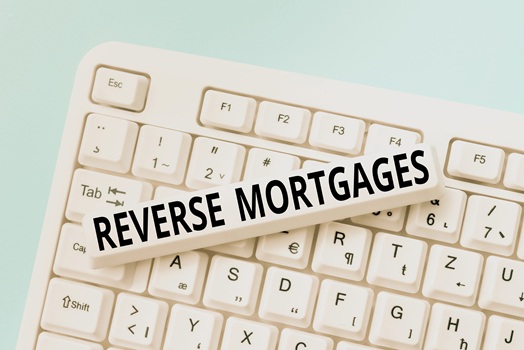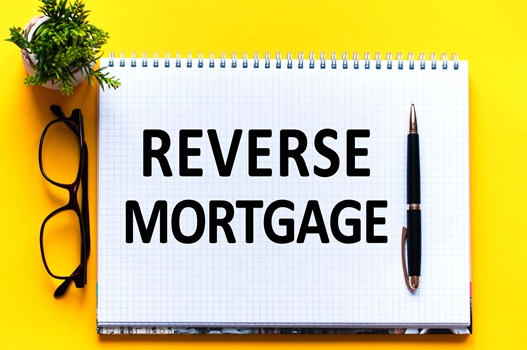
More and more homeowners are taking a fresh look at reverse mortgages —and for good reason. While these loans were once viewed with skepticism, recent updates have completely changed the game. Thanks to improved guidelines, stronger protections, and clearer communication, retirees now have a safer way to tap into their home equity without selling or relocating.
If you’re nearing retirement and wondering how to stretch your financial resources, learning about the latest changes to reverse mortgages could give you a new option worth considering.
What are the Recent Changes?
In the past, reverse mortgages carried risks that made many homeowners hesitant. However, today’s version has evolved into a smarter, more transparent product. Stronger borrower protections and better loan terms now make it easier for retirees to access their equity without fear of foreclosure or financial missteps.
Because of these updates, financial experts have started to view reverse mortgages in Columbia SC as a reliable part of long-term retirement planning. In fact, recent improvements are being widely praised for making the process both safer and easier to understand.
Keep Homeowners Protected
So, what makes the current approach so different? To begin with, new borrower evaluations help ensure that only those who can manage their long-term expenses are approved. That means fewer surprises down the line. Let’s break down a few of the biggest changes:
- Borrowers are now assessed more carefully, especially when it comes to paying ongoing costs like property taxes and insurance. As a result, the risk of foreclosure has dropped significantly.
- Limits on upfront borrowing help prevent seniors from using up their home equity too quickly. This allows funds to last longer, which supports better long-term planning.
- Non-borrowing spouses—who were previously at risk of losing the home—can now remain in the property, even if their partner passes away.
These changes add peace of mind and remove much of the uncertainty that once surrounded reverse mortgage loans.
Why Financial Experts Are Now Recommending Reverse Mortgages
 reverse mortgage in Columbia SC
reverse mortgage in Columbia SCExperts in Columbia SC have noted that today’s reverse mortgages strike a better balance between borrower flexibility and long-term security. Because of the tighter regulations, retirees can feel more confident that they won’t lose their homes or outlive their funds.
Another big improvement is the emphasis on education. Borrowers now receive required counseling and clear, detailed information before signing any paperwork. That way, they understand the full scope of the loan—including repayment terms and what happens in different life scenarios.
Also, the financial community is taking notice. Advisors are more likely to bring up reverse mortgages when helping clients build a realistic plan for retirement, especially those who want to stay in their homes.
How Reverse Mortgages Help Stretch Retirement Resources
For many retirees, their home is their biggest asset. Instead of selling or downsizing, reverse mortgages allow homeowners to tap into that equity while continuing to live where they feel most comfortable. Borrowers can use the money to cover medical bills, pay off debt, renovate the home, or simply support daily living expenses.
Since homeowners don’t need to make monthly mortgage payments, the financial breathing room this provides can make a huge difference. In turn, this reduces the need to draw from savings too quickly.
Of course, the loan does need to be repaid eventually—usually when the homeowner sells the property or passes away. Even so, the structure is far more manageable now, especially with built-in protections to prevent borrowers from owing more than the home’s value.
Reverse Mortgage Specialist provides reliable insight and hands-on experience to ensure your reverse mortgage aligns with your goals and safeguards your future. With the right guidance, this tool can become a valuable part of a broader retirement strategy.
Call Reverse Mortgage Specialist now to speak with a trusted expert about how a reverse mortgage could support your retirement goals. Take control of your financial future with a solution designed to keep you secure, comfortable, and confidently in your home.


 Reverse mortgage in Columbia SC
Reverse mortgage in Columbia SC
 reverse mortgage in Columbia SC
reverse mortgage in Columbia SC